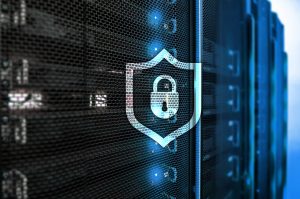In order to improve the population lives, large cities will have to create efficiency in their infrastructure and resources use. Doing so, these cities must be managed by data analysis technologies, which deliver relevant information, allowing managers to make better decisions and solve problems more proactively. In addition, the innovative technologies deployment, such as the Internet of Things (IoT), will also help improve these cities sustainability and competitiveness.
According to Gartner, by 2015 there may be about 1.1 billion connected devices, creating intelligent city environments. That number is expected to jump to 9.7 billion within five years. An interesting example of these applications is in the city of Barcelona, Spain. Among its projects, one involves the sensors installation coupled with dumps, streetlights and traffic lights. In the dumpsters, the sensors warn the city council when waste occupies 70% of capacity, avoiding collection before the bins fill. On the posts, the sensors measure humidity, temperature, air quality and noise pollution; while at the traffic lights collect information so that the city hall manages traffic problems.
Connecting these sensors and providing real-time information will require the communication network technologies integration including gateways, wireless networks, control systems and security. And to facilitate the new services introduction to the population, this infrastructure needs to have a platform to optimize these technologies complexity. This optimization service, which can be considered as infrastructure tuning due to its delivery power and high performance, considering all network levels, be it LAN, WAN or WLAN.
Computer networks, carrying all this information, will undergo major transformations. For example, the equipment use to send data over a wireless network, such as the Access Point, which can use solar energy to stay active, avoiding the conventional energy model, which generates costs. In smart cities, technology consumes a lot of electrical energy, so the use of devices that can generate solar energy is already considered, in order to bring significant savings.
Reliable energy will be essential in the megacities sustainable development, and Smart Grid technologies, which are intelligent transmission and distribution networks based on interactive communication between all parts of the energy conversion chain, will show their differential. They connect decentralized units with consumers to form a broad structure, control power generation, and avoid grid overhead.
In smart cities, as more people, machines, processes, and objects connect, will greater be? the data amount to be processed and calculated. Will the supply chain be? more controlled and integrated, lowering costs and increasing business scalability and efficiency, while waste materials and energy will be reduced by optimizing this supply chain. Around the world, these technologies are used on a small scale or in experimental projects, but is it the trend? that are becoming more and more accessible and that are our daily life part.
* Éderson Frozi is Technology Director for Codi.mobi, a company that recently merged with Nap IT.







